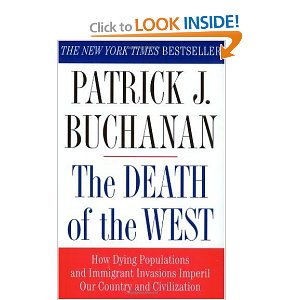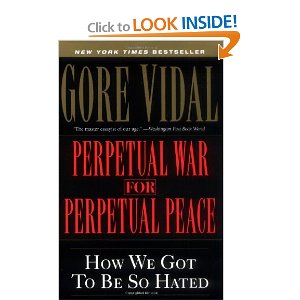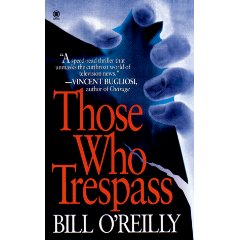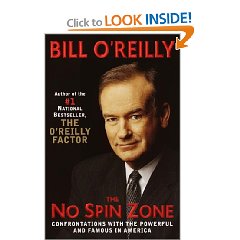At it's heart, this book, which reflects the cummulative commitment of not only the author but some other brilliant avant guarde mind including Danny Hillis, Kevin Kelly (WIRED, Out of Control, the Rise of Neo-Biological Civilization), Esther Dyson, Mitch Kapor (Lotus, Electronic Frontier Foundation) and a few others, is about reframing the way people–the entire population of the Earth–think, moving them from the big now toward the Long Here, taking responsibility for acting as it every behavior will impact on the 10,000 year long timeframe.
This book is in the best traditions of our native American forebears (as well as other cultures with a long view), always promoting a feedback-decision loop that carefully considered the impact on the “seventh generation.” That's 235 years or so, or more.
The author has done a superb job of drawing on the thinking of others (e.g. Freeman Dyson, Esther's father) in considering the deep deep implications for mankind of thinking in time (a title popularized, brilliantly, by Ernest May and Richard Neustadt of Harvard), while adding his own integrative and expanding ideas.
He joints Lee Kuan Yew, brilliant and decades-long grand-father of Asian prosperity and cohesiveness, in focusing on culture and the long-term importance of culture as the glue for patience and sound long-term decision-making. His focus on the key principles of longevity, maintainability, transparency, evolvability, and scalability harken back to his early days as the editor of the Whole Earth Review (and Catalog) and one comes away from this book feeling that Stewart Brand is indeed the “first pilot” of Spaceship Earth.
It is not possible and would be inappropriate to try to summarize all the brilliant insights in this work. From the ideas of others to his own, from the “Responsibility Record” to using history as a foundation for dealing with rapid change, to the ideas for a millenium library to the experienced comments on how to use scenarios to reach consensus among conflicted parties as to mutual interests in the longer-term future, this is–the word cannot be overused in this case–an extraordinary book from an extraordinary mind.
This book is essential reading for every citizen-voter-taxpayer, and ends with an idea for holding politicians accountable for the impact of their decisions on the future. First class, world class. This is the book that sets the stage for the history of the future.












